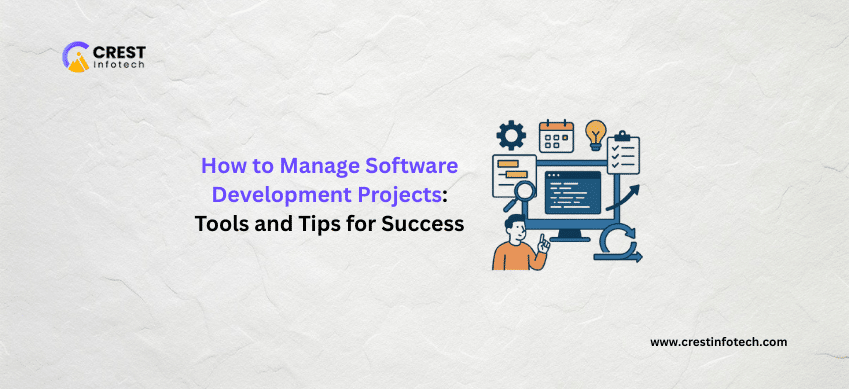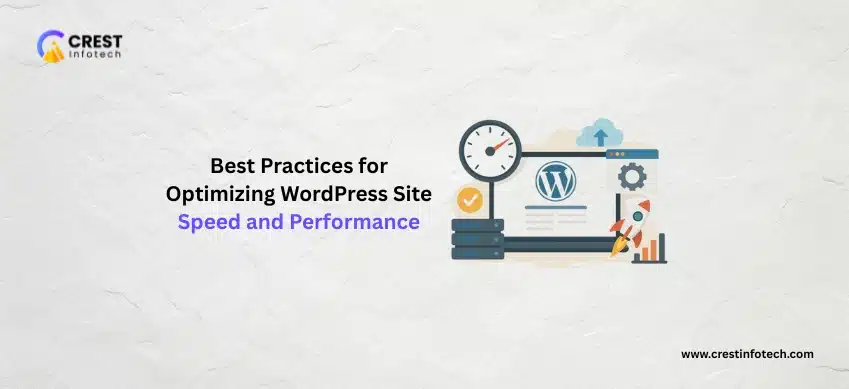In today’s digital landscape, the volume of data generated by mobile apps has grown exponentially, presenting both challenges and opportunities for developers and businesses. Big Data analytics, powered by advanced technologies and methodologies, plays a crucial role in harnessing this data to optimize app performance, enhance user experience, and drive business growth. This article explores how leveraging Big Data analytics can improve app performance, the benefits it offers, key strategies, and best practices for implementation.
Understanding Big Data in App Performance Optimization
Big Data refers to large datasets—structured and unstructured—that are too complex or extensive for traditional data processing methods. In the context of app development and performance optimization, Big Data encompasses user interactions, app usage patterns, device data, geographical information, and other relevant metrics. Key components include:
- Data Collection: Gathering vast amounts of user and app performance data from multiple sources, including mobile devices, servers, and third-party integrations.
- Data Storage: Storing and managing large datasets efficiently using scalable databases and cloud storage solutions.
- Data Analysis: Applying advanced analytics techniques (e.g., machine learning, predictive analytics) to extract actionable insights and patterns from Big Data.
Benefits of Using Big Data in App Performance Improvement
- Enhanced User Experience:
- Personalizes app experiences based on user preferences, behavior patterns, and contextual data, improving engagement and satisfaction.
- Identifies and resolves performance bottlenecks, crashes, and usability issues proactively to deliver a seamless user experience.
- Optimized App Performance:
- Analyzes app usage metrics, load times, response rates, and error logs to optimize performance, speed, and reliability across different devices and networks.
- Predicts and mitigates potential performance issues through proactive monitoring and real-time data analysis.
- Data-Driven Decision Making:
- Informs strategic decisions, feature prioritization, and resource allocation based on data-driven insights into user behavior, market trends, and performance metrics.
- Validates hypotheses, tests new features, and iterates app improvements based on empirical data and user feedback.
- Scalability and Resource Efficiency:
- Scales app infrastructure and resources dynamically in response to fluctuating user demand, traffic spikes, or seasonal variations identified through Big Data analytics.
- Optimizes resource allocation (e.g., server capacity, bandwidth) to minimize costs while maintaining optimal app performance and availability.
Strategies for Implementing Big Data in App Performance Optimization
- Define Key Performance Indicators (KPIs):
- Identify and prioritize performance metrics (e.g., app load time, crash rates, retention rates) that align with business goals and user expectations.
- Implement Real-Time Monitoring and Alerts:
- Deploy monitoring tools and analytics dashboards to track app performance metrics in real-time, enabling proactive issue detection and resolution.
- Utilize Predictive Analytics and Machine Learning:
- Apply predictive models to forecast app performance trends, identify potential issues before they occur, and automate decision-making processes based on data insights.
- Integrate Cross-Platform Data Sources:
- Consolidate data from multiple sources (e.g., mobile devices, web platforms, IoT devices) to gain a comprehensive view of app performance and user interactions.
- Ensure Data Privacy and Security:
- Implement robust data encryption, access controls, and compliance with data protection regulations (e.g., GDPR, CCPA) to safeguard user data collected for Big Data analytics.
Best Practices for Leveraging Big Data in App Performance Enhancement
- Continuous Data Refinement and Cleansing:
- Regularly clean and refine Big Data datasets to remove duplicates, errors, and irrelevant information that may skew analytics results or impact performance analysis.
- Collaborate Across Teams:
- Foster collaboration between development, operations, and data analytics teams to align app performance goals, prioritize improvements, and implement data-driven strategies effectively.
- User-Centric Optimization:
- Focus on enhancing user experience and satisfaction by leveraging Big Data insights to tailor app features, content recommendations, and engagement strategies.
- Iterative Improvement and Experimentation:
- Conduct A/B testing, experimentation, and iterative development cycles to validate performance enhancements, feature updates, and user interface optimizations based on Big Data analytics.
Conclusion
Leveraging Big Data analytics is pivotal in optimizing app performance, enhancing user experience, and driving business growth in the competitive mobile app market. By harnessing vast datasets to gain actionable insights into user behavior, performance metrics, and market trends, developers and businesses can identify opportunities for improvement, mitigate risks, and deliver personalized app experiences that meet evolving user expectations. Implementing strategies such as real-time monitoring, predictive analytics, and cross-platform data integration empowers organizations to optimize app performance, streamline operations, and achieve sustainable success in the digital era.
As Big Data technologies continue to evolve, incorporating advanced analytics capabilities into app development processes will be essential for staying agile, responsive to user needs, and ahead of market competition.
This article explores how leveraging Big Data analytics can enhance app performance optimization, providing insights into benefits, strategies, and best practices for implementing data-driven approaches to improve user experience and drive business growth. Adjust content based on specific industry applications, technological advancements, and performance enhancement goals relevant to your app development and Big Data integration initiatives.



